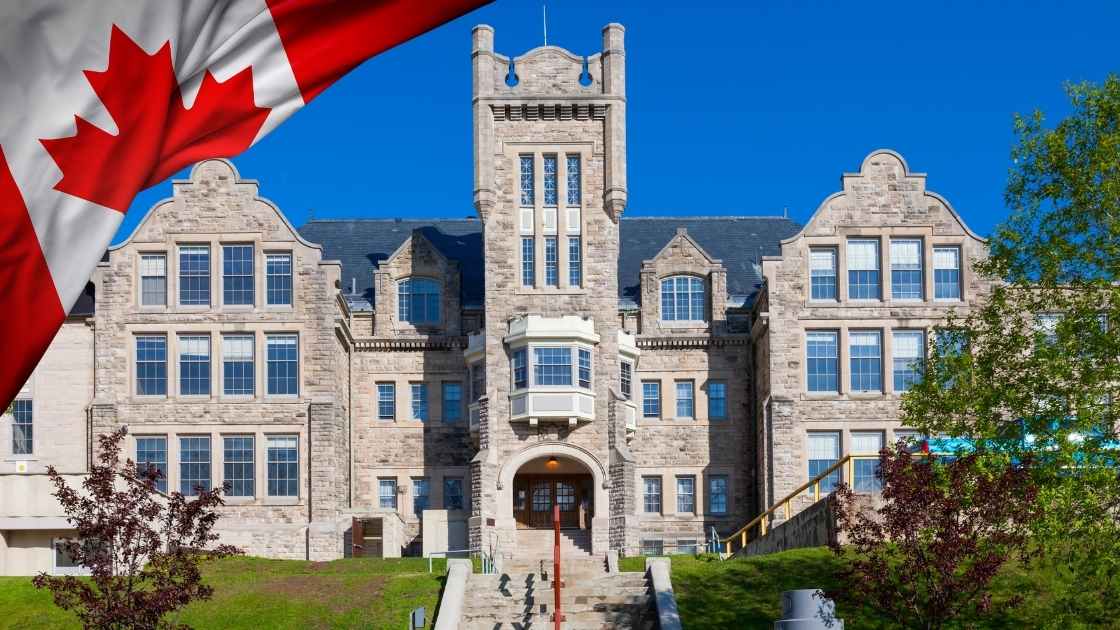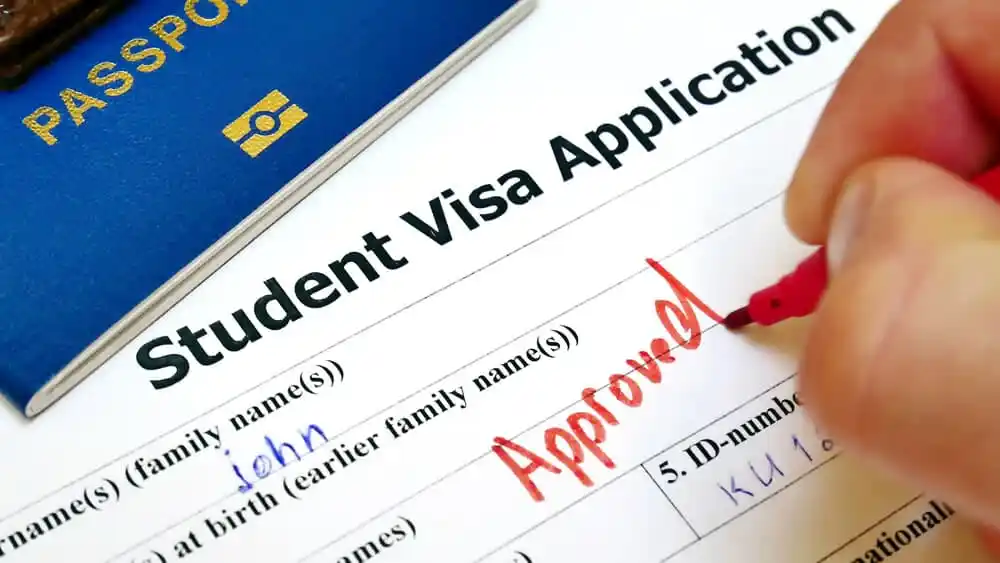Canada is one of the most popular destinations for international students who want to pursue their higher education abroad. Canada offers a high-quality education system, a multicultural and welcoming society, a safe and beautiful environment, and a range of opportunities for career and personal growth. Canada also has a reputation for being affordable and accessible, with lower tuition fees and living costs than many other countries.
But with so many options to choose from, how can international students find the best Canadian universities and colleges for their needs? There is no definitive answer to this question, as different institutions may have different strengths, specializations, reputations, locations, and admission requirements. However, there are some factors that international students can consider when researching and comparing Canadian universities and colleges, such as:
- Ranking: Ranking is one way of measuring the academic quality and reputation of an institution. There are various ranking systems that evaluate universities and colleges based on different criteria, such as research output, teaching quality, student satisfaction, employability, innovation, and internationalization. Some of the most widely used ranking systems are QS World University Rankings, Times Higher Education World University Rankings, U.S. News Best Global Universities Rankings, Academic Ranking of World Universities, and Maclean’s University Rankings. Ranking can give international students an idea of how well an institution performs in comparison to others in Canada and around the world.
- Accreditation: Accreditation is another way of ensuring the quality and recognition of an institution. Accreditation means that an institution has met certain standards of quality and excellence set by an external body or agency. Accreditation can be granted by provincial or territorial governments, professional associations, or international organizations. Accreditation can give international students confidence that their degree or diploma will be recognized and valued by employers, other institutions, and immigration authorities.
- Programs: Programs are the specific courses of study that an institution offers. Programs can vary in length, level, content, format, delivery mode, admission requirements, tuition fees, and outcomes. Programs can be classified into different types, such as undergraduate programs (bachelor’s degrees), graduate programs (master’s degrees or doctoral degrees), diploma programs (one or two years of post-secondary education), certificate programs (short-term courses), or professional programs (programs that prepare students for a specific profession or occupation). Programs can also be categorized into different fields or disciplines, such as arts and humanities, business and management, engineering and technology, health and medicine, science and mathematics, or social sciences. Programs can give international students an opportunity to pursue their academic interests and career goals in Canada.
- Location: Location is another important factor to consider when choosing a Canadian university or college. Location can affect the cost of living, the climate, the culture, the transportation options, the availability of services and facilities, the safety and security, and the overall experience of living and studying in Canada. Canada is a vast country with 10 provinces and three territories that have different geographic features, weather patterns, languages, histories, cultures, laws, and regulations. Location can also influence the admission requirements and tuition fees of an institution. For example, some provinces may require international students to have a higher level of English or French proficiency than others; some provinces may charge higher tuition fees than others; some provinces may offer more scholarships or financial aid than others; some provinces may have more immigration pathways or opportunities than others. Location can help international students find the best place to live and study in Canada according to their preferences and circumstances.
Based on these factors (and others), here are some examples of Canadian universities and colleges that are considered to be among the best for international students:
- University of Toronto: Located in downtown Toronto, Ontario (Canada’s largest city), the University of Toronto (U of T) is ranked as the top Canadian university by several ranking systems1. U of T is known for its excellence in research, innovation, and education across a wide range of disciplines. U of T has three campuses (St. George Campus, Mississauga Campus, and Scarborough Campus) that offer more than 700 undergraduate programs and 200 graduate programs to over 90 000 students from more than 160 countries 1. U of T also has partnerships with many leading institutions around the world and offers various opportunities for international exchange study abroad and global learning1. U of T has a diverse vibrant and supportive community that celebrates cultural differences and fosters global citizenship1.
- McGill University: Located in Montreal Quebec (Canada’s second-largest city) McGill University is ranked as one of the top Canadian universities by several ranking systems2. McGill University is renowned for its academic excellence research impact and student experience across a broad spectrum of disciplines. McGill University has two campuses (Downtown Campus and Macdonald Campus) that offer more than 300 undergraduate and 400 graduate programs to over 40,000 students from more than 150 countries. McGill University also has collaborations with many prestigious institutions around the world and offers various opportunities for international mobility, research, and engagement. McGill University has a multicultural, cosmopolitan, and bilingual community that embraces diversity and fosters intercultural understanding.
- University of British Columbia: Located in Vancouver, British Columbia (Canada’s third-largest city), the University of British Columbia (UBC) is ranked as one of the top Canadian universities by several ranking systems. UBC is recognized for its excellence in teaching, research, innovation, and sustainability across a wide range of disciplines. UBC has two campuses (Vancouver Campus and Okanagan Campus) that offer more than 200 undergraduate programs and 500 graduate programs to over 65,000 students from more than 160 countries. UBC also has partnerships with many leading institutions around the world and offers various opportunities for international collaboration, exchange, study abroad, and service learning. UBC has a diverse, inclusive, and dynamic community that values cultural differences and promotes global citizenship.
- Seneca College: Located in Toronto, Ontario, Seneca College is one of the largest public colleges in Canada. Seneca College offers more than 150 diploma, certificate, degree, and graduate programs to over 100,000 students from more than 140 countries. Seneca College also offers English language programs, academic upgrading programs, and pathway programs to help international students prepare for their academic studies in Canada. Seneca College has four campuses (Newnham Campus, King Campus, Markham Campus, and Seneca@York Campus) that are equipped with modern facilities and resources to support student learning and success. Seneca College has a multicultural, diverse, and friendly community that provides various services and supports for international students.
- Humber College: Located in Toronto, Ontario, Humber College is one of the most comprehensive public colleges in Canada. Humber College offers more than 200 diploma, certificate, degree, and postgraduate programs to over 85,000 students from more than 130 countries. Humber College also offers English language programs, academic upgrading programs, and pathway programs to help international students prepare for their academic studies in Canada. Humber College has three campuses (North Campus, Lakeshore Campus, and Orangeville Campus) that are equipped with state-of-the-art facilities and resources to support student learning and success. Humber College has a multicultural, diverse, and welcoming community that provides various services and supports for international students.
These are just some examples of the best Canadian universities and colleges for international students. There are many other institutions that may suit different needs and preferences of international students. To find the best Canadian university or college for you, you can use our search tool to explore programs across the country including business and marketing, education, engineering, finance, health care, information technology, law, nursing, science or sustainable technologies. You can also contact us at Empirefly International Nigeria for more information and guidance on choosing the right institution applying for admission securing scholarships or financial aid obtaining student visas finding accommodation and settling in Canada. Empirefly International Nigeria is your trusted partner for your education journey in Canada.
Canada is a great choice for international students who want to pursue their higher education abroad. Canada offers a high-quality education system, a multicultural and welcoming society, a safe and beautiful environment, and a range of opportunities for career and personal growth. Canada also has a reputation for being affordable and accessible, with lower tuition fees and living costs than many other countries.
There are many Canadian universities and colleges that are among the best for international students. However, finding the best one for you depends on your academic interests, career goals, budget, preferences, and circumstances. You can use our search tool to explore programs across the country in various fields and disciplines. You can also contact us at Empirefly International Nigeria for more information and guidance on choosing the right institution, applying for admission, securing scholarships or financial aid, obtaining student visas, finding accommodation, and settling in Canada.
Don’t miss this opportunity to study in Canada and achieve your dreams. Contact us today and let us help you make it happen! Empirefly International Nigeria is your trusted partner for your education journey in Canada.






